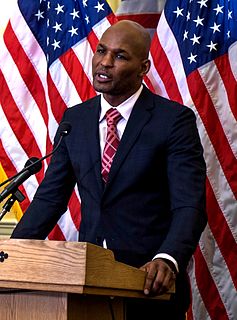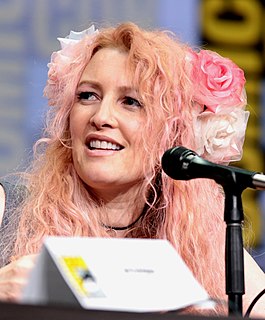A Quote by Bernard Hopkins
Most people remember the ending of the book more than the beginning and the middle.
Related Quotes
I think one is naturally impressed by anything having a beginning a middle and an ending when one is beginning writing and that it is a natural thing because when one is emerging from adolescence, which is really when one first begins writing one feels that one would not have been one emerging from adolescence if there had not been a beginning and a middle and an ending to anything.
The first comic I can remember ever reading was a 'Fantastic Four' issue that my dad bought out of the drugstore once. The thing that struck me about it was that the ending wasn't an ending. It was essentially a cliffhanger. It was the first time I had ever read anything like that, where you read a book, but the book isn't the book.
If you are interested in happy endings, you would be better off reading some other book. In this book, not only is there no happy ending, there is no happy beginning and very few happy things in the middle. This is because not very many happy things happened in the lives of the three Baudelaire youngsters.
Teachers who have plugged away at their jobs for twenty, thirty, and forty years are heroes. I suspect they know in their hearts they've done a good thing, too, and are more satisfied with themselves than most people are. Most of us end up with no more than five or six people who remember us. Teachers have thousands of people who remember them for the rest of their lives.





































